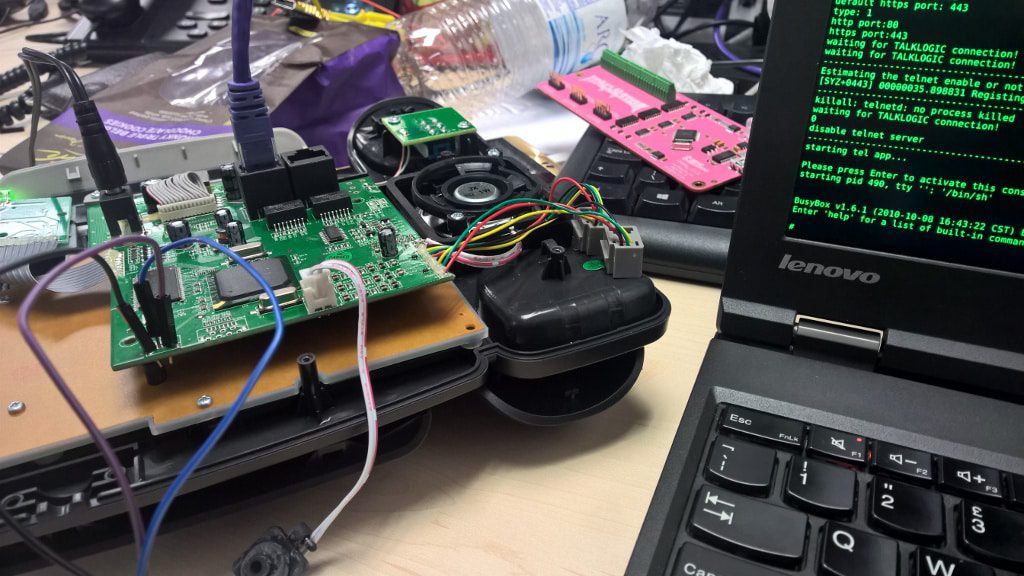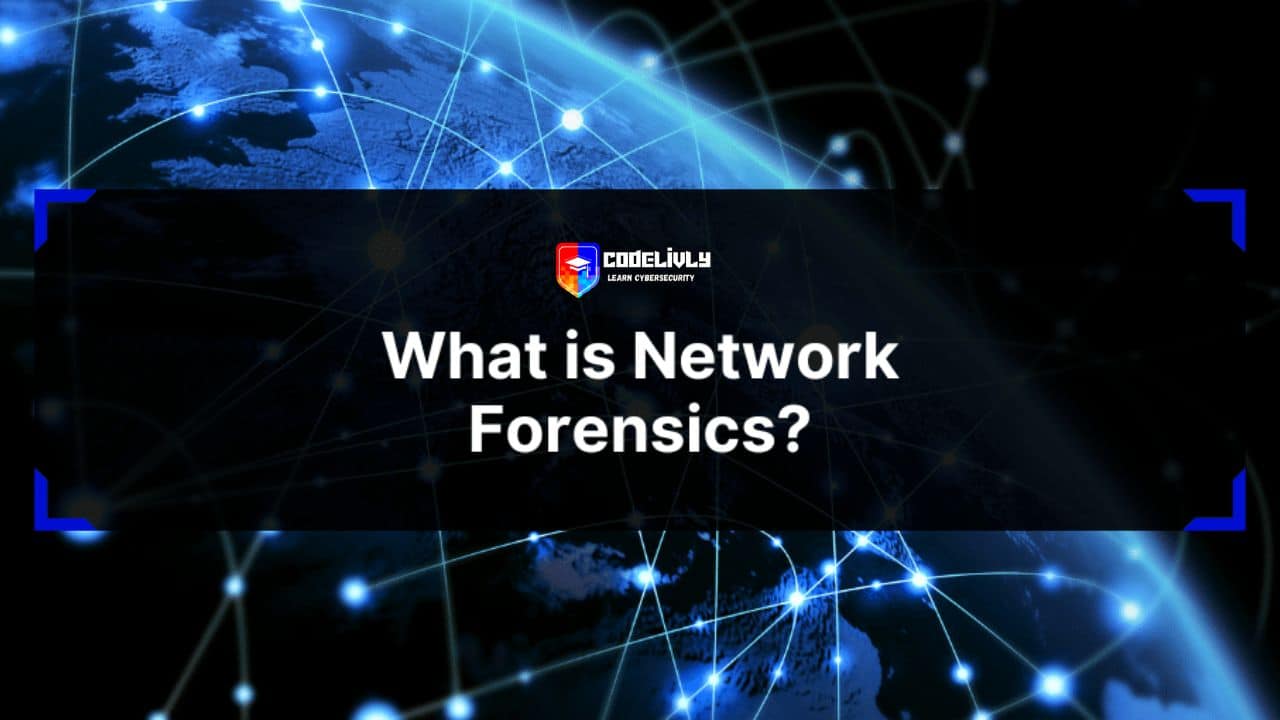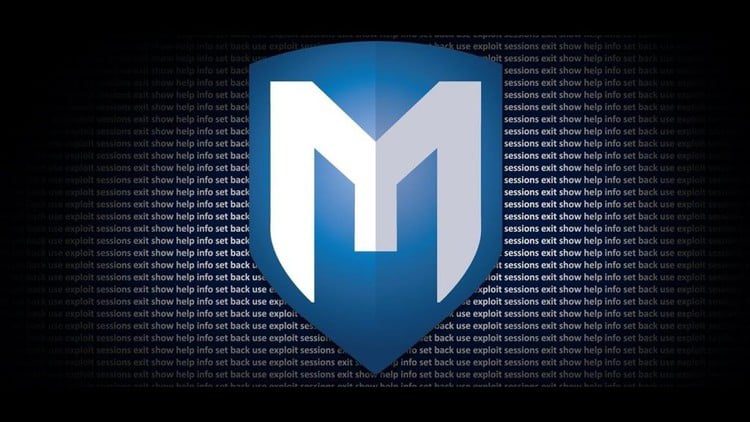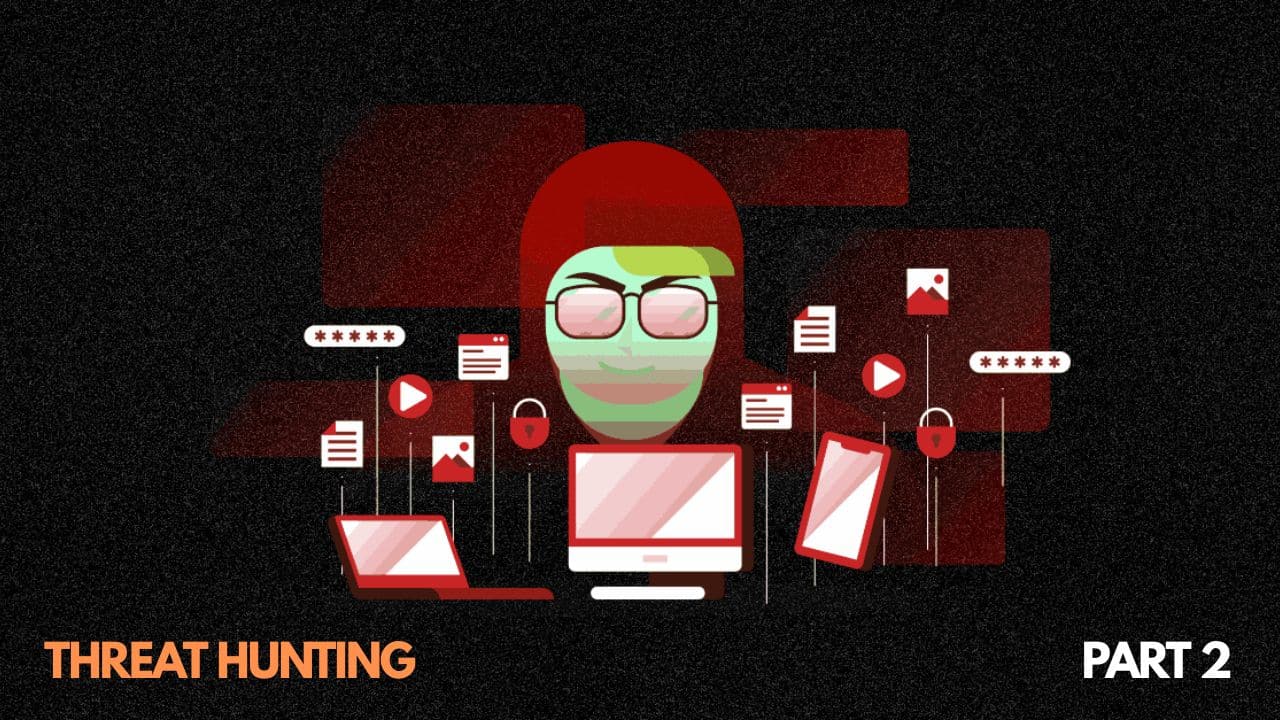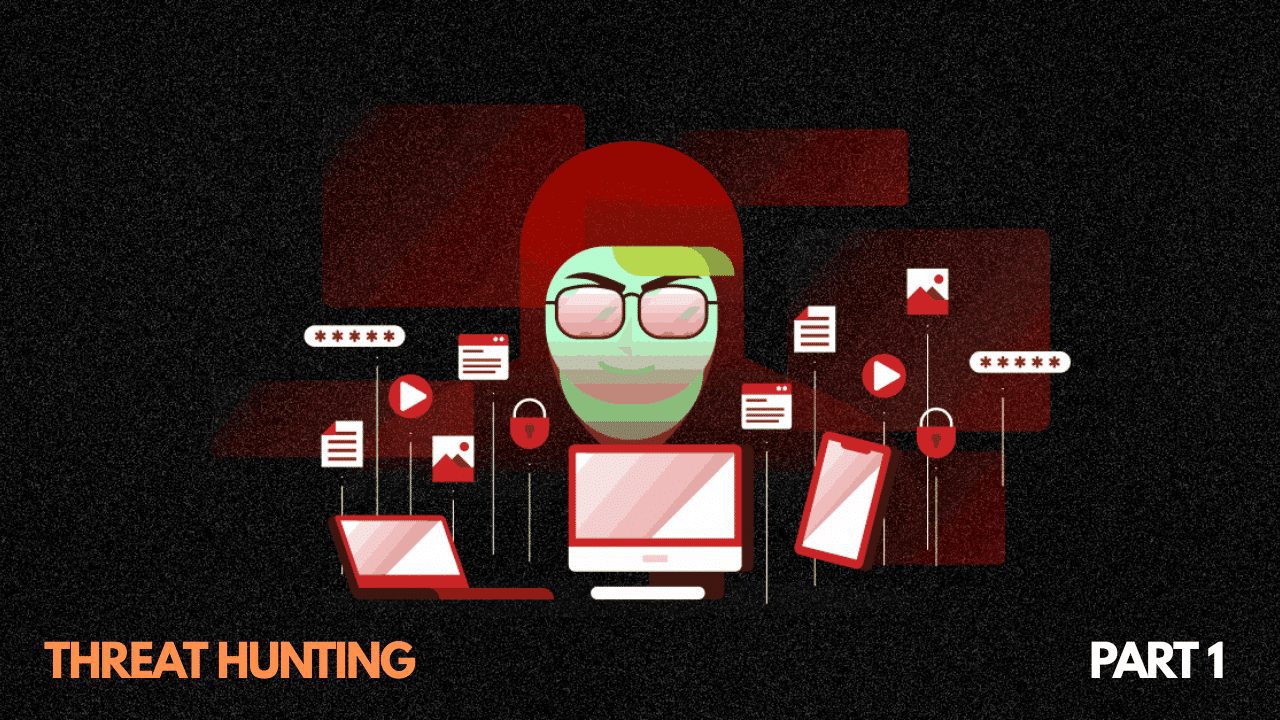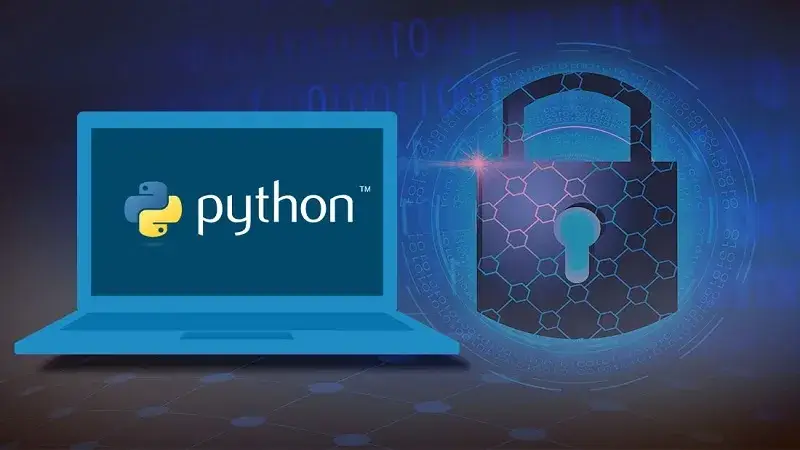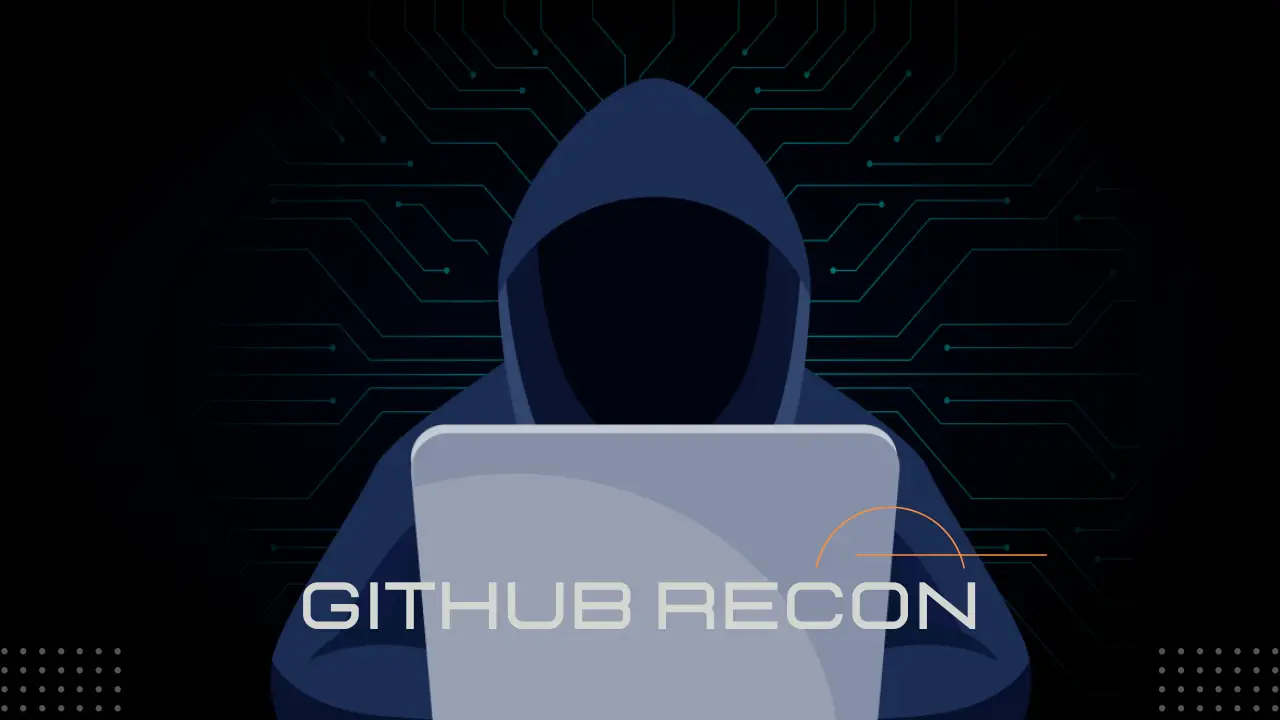In a digital realm where cunning hackers wage battles of wit and skill, a thrilling competition known as Capture The Flag (CTF) reigns supreme. Imagine stepping into the shoes of a cyber sleuth, donning a virtual cape of code, and embarking on a quest that challenges your intellect, tests your technical prowess, and unlocks the secrets of cybersecurity.
Welcome, intrepid explorer, to a realm where puzzles and challenges become gateways to digital treasure. In the vast expanse of the CTF universe, you will navigate intricate mazes of encryption, decipher the cryptic languages of hackers, and dissect the inner workings of elusive vulnerabilities.
With each challenge you conquer, you unlock a deeper understanding of the world of cybersecurity. Cryptography, reverse engineering, web exploitation, and forensics are but a few of the doors waiting to be opened. As you immerse yourself in this captivating adventure, you will unearth hidden knowledge, hone your skills, and master the art of outsmarting the virtual adversaries that stand in your path.
But CTF is not just a solitary pursuit. It is a community of like-minded individuals who revel in the thrill of discovery and the satisfaction of conquering seemingly insurmountable obstacles. Collaborate, compete, and forge friendships with fellow digital explorers who share your passion for unraveling the enigmatic mysteries of cyberspace.
As you venture forth, armed with your wit and an insatiable thirst for knowledge, remember that CTF is not only a game but a pathway to real-world cybersecurity expertise. The skills you acquire will empower you to defend networks, safeguard data, and protect against the ever-looming specter of cyber threats.
So, are you ready to embark on an adventure that will test your mettle and unlock the secrets of the digital realm? Prepare to immerse yourself in a world where challenges become stepping stones to greatness. The CTF universe eagerly awaits your arrival. Embrace the challenge. Unleash your inner cyber sleuth. The quest begins now.
Points To Cover
- What is CTF
- Why participate in CTFs?
- Types of CTF Challenges
- Essential Skills and Knowledge
- CTF Platforms and Events
- Solving CTF Challenges
- CTF Resources and Learning Platforms
- Conclusion and Further Exploration
What is CTF
Capture The Flag (CTF) is a cybersecurity competition where participants solve a variety of challenges to find hidden flags. These flags are typically strings of text or specific values that act as proof of solving a challenge. The challenges cover various aspects of cybersecurity, including cryptography, reverse engineering, web exploitation, binary exploitation, forensics, steganography, and more.
In a CTF competition, participants or teams compete against each other to solve as many challenges as possible within a given time frame, usually ranging from a few hours to several days. The challenges are designed to test the participants’ knowledge, problem-solving skills, and technical abilities in areas relevant to cybersecurity.
CTFs simulate real-world cybersecurity scenarios, allowing participants to gain practical experience in identifying and exploiting vulnerabilities, analyzing and reversing software, and applying different techniques to secure systems. They provide a hands-on learning environment that helps individuals develop and enhance their skills in a fun and competitive manner.
CTFs can be organized as online events, where participants solve challenges remotely using their own machines, or as local events where participants gather at a specific location. Both beginners and experienced professionals can participate in CTFs, as challenges are often categorized by difficulty level to cater to different skill levels.
Overall, CTFs serve as an excellent platform for individuals to learn and sharpen their cybersecurity skills, collaborate with like-minded enthusiasts, and stay updated with the latest techniques and vulnerabilities in the field.
Why participate in CTFs?

Participating in Capture The Flag (CTF) competitions offers numerous benefits and advantages for individuals interested in cybersecurity. Here are some compelling reasons to participate in CTFs:
- Skill Development: CTFs provide hands-on experience in various cybersecurity domains, allowing participants to develop and enhance their technical skills. By solving challenges, participants gain practical knowledge in areas such as cryptography, web exploitation, reverse engineering, and more. This experience can be valuable for career advancement in cybersecurity.
- Learning Opportunities: CTF challenges are designed to be educational, requiring participants to research, experiment, and explore new techniques and concepts. Participants often encounter unfamiliar problems and must seek out resources and learn from others to solve them. This fosters a continuous learning mindset and exposes participants to cutting-edge technologies and vulnerabilities.
- Problem-Solving Abilities: CTFs present participants with complex and unique problems that require analytical thinking, creativity, and problem-solving skills. By tackling diverse challenges, participants develop their ability to approach problems from different angles, think critically, and find innovative solutions—a skillset applicable to many real-world scenarios.
- Networking and Collaboration: CTF competitions provide an opportunity to connect with like-minded individuals, both within the competition and the broader cybersecurity community. Collaborating with teammates or discussing challenges with other participants fosters knowledge sharing, builds professional relationships, and expands your network in the cybersecurity field.
- Career Advancement: CTF participation can enhance your credentials and demonstrate your skills to potential employers. Many companies and organizations recognize the value of CTF experience when hiring cybersecurity professionals. Successful participation in CTFs can help you stand out from other candidates and open doors to job opportunities, internships, or even scholarships.
- Fun and Competitive Environment: CTFs are not only educational but also entertaining. The competitive nature of CTFs adds excitement and motivates participants to push their boundaries and solve challenges quickly. The sense of achievement that comes from solving difficult problems and finding hidden flags can be immensely satisfying and enjoyable.
- Real-World Relevance: CTFs aim to simulate real-world cybersecurity scenarios, allowing participants to gain practical skills and knowledge applicable to industry challenges. The vulnerabilities and techniques encountered in CTF challenges often mirror those encountered in actual systems, making CTFs a valuable training ground for aspiring or practicing cybersecurity professionals.
Participating in CTFs is a rewarding and engaging way to develop your cybersecurity skills, learn new techniques, connect with the community, and potentially advance your career. Whether you are a beginner or an experienced professional, CTFs offer an exciting and challenging platform to test and expand your knowledge in a practical setting.
Types of CTF Challenges
CTF challenges cover a wide range of cybersecurity topics, each requiring different skills and knowledge to solve. Here are some common types of challenges you may encounter in Capture The Flag (CTF) competitions:
Cryptography:
These challenges involve various encryption, decryption, and cryptanalysis techniques. Participants may need to crack codes, analyze ciphertexts, identify encryption algorithms, or exploit weaknesses in cryptographic systems.
- Tools: Cryptool, OpenSSL, Hashcat, John the Ripper, CyberChef
- Techniques: Frequency analysis, encryption/decryption algorithms, cipher cracking, steganography analysis, code-breaking methods.
Reverse Engineering
In reverse engineering challenges, participants analyze and understand compiled binaries or firmware to uncover hidden functionality or extract sensitive information. This requires skills in assembly language, disassembly, debugging, and vulnerability analysis.
- Tools: IDA Pro, Ghidra, Radare2, Binary Ninja, OllyDbg, GDB
- Techniques: Disassembly, debugging, code analysis, patching binaries, runtime analysis, identifying vulnerabilities.
Web Exploitation
Web exploitation challenges focus on identifying and exploiting vulnerabilities in web applications. Participants may need to bypass authentication mechanisms, manipulate input, exploit server-side vulnerabilities, or solve client-side puzzles.
- Tools: BurpSuite, OWASP Zap, SQLMap, Nmap, DirBuster, Wireshark
- Techniques: Cross-Site Scripting (XSS), SQL injection, command injection, parameter manipulation, session hijacking, network analysis.
Binary Exploitation
Binary exploitation challenges involve analyzing and exploiting vulnerabilities in compiled programs. Participants may perform techniques such as buffer overflows, format string exploits, or return-oriented programming to gain control of the program and execute arbitrary code.
- Tools: GDB-Peda, pwntools, ROPgadget, Immunity Debugger, Radare2
- Techniques: Buffer overflows, format string vulnerabilities, return-oriented programming (ROP), heap exploitation, stack smashing.
Forensics
Forensics challenges require participants to analyze digital artifacts, such as memory dumps, disk images, network captures, or log files. Participants must extract hidden information, recover deleted files, analyze network traffic, or identify malicious activities.
- Tools: Autopsy, Volatility, Wireshark, foremost, Binwalk, FTK Imager
- Techniques: File recovery, memory analysis, network packet analysis, file carving, metadata examination, log analysis.
Steganography
Steganography challenges involve finding hidden messages or information within files, images, or other media. Participants may need to use specialized tools or techniques to uncover concealed data.
- Tools: Steghide, ExifTool, OpenStego, Foremost, StegCracker
- Techniques: Image analysis, LSB (Least Significant Bit) extraction, metadata inspection, file format analysis, brute-forcing hidden data.
Miscellaneous Challenges
These challenges can include a wide variety of topics, such as trivia questions, programming puzzles, cipher challenges, or logical reasoning problems. They often test general problem-solving abilities and require a combination of different skills.
- Tools: Online research tools, scripting languages (Python, Bash), general-purpose tools
- Techniques: General knowledge, logical reasoning, programming puzzles, research skills, creative problem-solving.
It’s important to note that CTF challenges can have different levels of difficulty, ranging from beginner-friendly to highly advanced. The challenges you encounter will depend on the specific CTF competition and its intended target audience.
By familiarizing yourself with these different types of challenges, you can focus on developing the relevant skills and knowledge needed to excel in each category. Remember that practice and continuous learning are essential to mastering these challenges and becoming proficient in CTF competitions.
Essential Skills and Knowledge
Participating in Capture The Flag (CTF) competitions requires a solid foundation in various skills and knowledge areas within the field of cybersecurity. Here are some essential skills and knowledge areas that can greatly enhance your performance in CTF competitions:
- Networking: Understanding network protocols, TCP/IP stack, packet analysis, and network communication is crucial for solving challenges related to network forensics, web exploitation, and network-based attacks.
- Programming: Proficiency in at least one programming language, such as Python, C, or JavaScript, is essential for automating tasks, developing exploit code, and analyzing challenges that involve scripting or code analysis.
- Cryptography: Familiarity with encryption algorithms, hash functions, symmetric and asymmetric cryptography, and cryptographic protocols enables you to tackle challenges related to cryptography, deciphering codes, and analyzing cryptographic systems.
- Web Technologies: Knowledge of web technologies like HTML, CSS, JavaScript, and web frameworks (e.g., Flask, Django) is necessary for understanding web application vulnerabilities, manipulating web requests, and exploiting security flaws in web-based challenges.
- Operating Systems: Proficiency in Linux command-line usage, file system navigation, process management, and system administration is essential for analyzing binaries, reverse engineering challenges, and exploiting vulnerabilities in operating systems.
- Vulnerability Analysis: Understanding common vulnerabilities such as buffer overflows, SQL injection, XSS, CSRF, and their exploitation techniques is crucial for identifying and exploiting vulnerabilities in challenges related to binary exploitation, web exploitation, and system security.
- Forensics: Knowledge of file formats, file carving techniques, memory analysis, log analysis, and forensic tools equips you to solve challenges related to digital forensics, memory analysis, and incident response.
- Reverse Engineering: Familiarity with assembly language, debugging techniques, disassembly tools, and reverse engineering frameworks enables you to analyze and understand compiled binaries, firmware, and software challenges.
- Problem Solving: Strong analytical and problem-solving skills are vital for approaching challenges from different angles, thinking creatively, and devising effective strategies to solve complex problems.
- Continuous Learning: The field of cybersecurity is constantly evolving, so staying updated with the latest vulnerabilities, attack techniques, and defensive strategies through self-study, research, and engagement with the cybersecurity community is crucial.
Developing these skills and acquiring knowledge in these areas will significantly enhance your ability to solve challenges across various categories in CTF competitions. Regular practice, hands-on experience, and engaging with the cybersecurity community will help you refine these skills and stay ahead in the CTF arena.
By highlighting these essential skills and knowledge in your online presence and content, you can improve your SEO ranking and attract the attention of individuals and communities interested in CTF competitions and cybersecurity
CTF Platforms and Events
Participating in Capture The Flag (CTF) competitions requires finding the right platforms and events to showcase your skills and engage with the cybersecurity community. Here are some popular CTF platforms and events that offer opportunities to participate in CTF competitions:
- Online CTF Platforms:
- CTFtime (ctftime.org): CTFtime is a widely recognized platform that hosts a comprehensive calendar of upcoming CTF events, maintains team rankings, and provides a platform for organizers to host CTF challenges.
- Hack The Box (hackthebox.eu): Hack The Box offers a platform with a wide range of virtual machines and challenges for members to practice and participate in CTF-style activities.
- OverTheWire (overthewire.org): OverTheWire hosts a variety of wargames and challenges focused on different aspects of cybersecurity, including cryptography, web exploitation, and more.
- Annual CTF Events:
- DEF CON CTF: DEF CON is one of the world’s largest and most prestigious hacking conferences. DEF CON CTF is a high-profile annual CTF event known for its challenging and cutting-edge challenges.
- PlaidCTF: PlaidCTF is an annual CTF competition organized by the Plaid Parliament of Pwning, a team from Carnegie Mellon University. It attracts top cybersecurity talent from around the world.
- TokyoWesterns CTF: TokyoWesterns CTF is an international CTF competition held annually in Japan. It offers a diverse range of challenges and attracts participants from both Japan and abroad.
- Local CTF Events and Meetups:
- Check local cybersecurity groups, universities, or hacker spaces in your area for CTF events and meetups. These events provide opportunities to participate in local competitions, network with professionals, and learn from experienced practitioners.
Participating in CTF competitions on these platforms and events can help you gain exposure, improve your skills, and connect with the wider cybersecurity community. Keep an eye on CTF calendars, subscribe to mailing lists, and follow CTF-related social media accounts to stay informed about upcoming events and challenges.
Remember, actively participating in CTF competitions and engaging with the community will not only enhance your learning but also contribute to improving your SEO ranking by showcasing your expertise and involvement in the cybersecurity field.
Solving CTF Challenges
Solving Capture The Flag (CTF) challenges requires a systematic approach, a combination of technical skills, and a creative mindset. Here are some steps to help you effectively tackle CTF challenges:
- Understand the Challenge: Read the challenge description carefully to grasp the context, objectives, and constraints. Identify the category of the challenge (e.g., cryptography, web exploitation) to narrow down the techniques and tools you might need.
- Research and Learn: If you encounter unfamiliar concepts or techniques related to the challenge, conduct research and learn about them. Utilize online resources, CTF write-ups, forums, and documentation to gain the knowledge necessary to solve the challenge.
- Break Down the Problem: Analyze the challenge and break it down into smaller components or subproblems. Identify any patterns, clues, or hints within the challenge. Decompose the challenge into manageable parts to focus your efforts effectively.
- Apply Relevant Techniques: Based on the challenge category, apply the appropriate techniques and tools. Use your knowledge in cryptography, reverse engineering, web exploitation, or other relevant areas to solve the challenge. Apply the principles, algorithms, or methodologies that are relevant to the problem at hand.
- Document and Take Notes: Keep track of your progress, findings, and attempted solutions. Document your thought process, observations, and steps you have taken. This helps in organizing your thoughts, tracking your progress, and avoiding repeating unsuccessful attempts.
- Collaborate and Seek Help: Engage with the CTF community, discuss challenges with teammates or fellow participants, and seek help when needed. Collaboration can provide fresh perspectives, additional insights, and new ideas to overcome difficult challenges.
- Practice and Learn from Failures: CTF challenges can be challenging, and failure is a part of the learning process. Embrace failures as opportunities for growth. Analyze the challenges you couldn’t solve and learn from them. Identify areas where you need improvement and focus on enhancing your skills through continuous practice.
- Read CTF Write-ups: After solving a challenge or participating in a CTF competition, read write-ups or walkthroughs of challenges you didn’t solve. This allows you to understand alternative approaches, learn new techniques, and gain insights from experienced players.
Remember that each challenge is unique, and there is no one-size-fits-all solution. The key is to approach challenges with a structured mindset, leverage your skills and knowledge, and think creatively. With practice and experience, you will develop proficiency in solving CTF challenges effectively.
By incorporating the above steps and sharing your experiences in solving CTF challenges through online content and discussions, you can enhance your SEO ranking and attract individuals interested in CTF competitions and cybersecurity.
CTF Resources and Learning Platforms
To enhance your skills and knowledge in Capture The Flag (CTF) competitions, there are various resources and learning platforms available. These platforms provide tutorials, practice challenges, educational content, and opportunities to engage with the CTF community. Here are some notable resources and platforms to explore:
- CTF Learning Platforms:
- Hack The Box (hackthebox.eu): Hack The Box offers a platform with a wide range of virtual machines and challenges to practice CTF-style activities. It provides an active community and ranking system to track your progress.
- TryHackMe (tryhackme.com): TryHackMe is an online platform that provides interactive labs, CTF challenges, and guided learning paths to develop cybersecurity skills. It covers a variety of topics and offers a beginner-friendly environment.
- OverTheWire (overthewire.org): OverTheWire hosts a collection of wargames that cover different aspects of cybersecurity. These challenges progress in difficulty and help users enhance their skills in areas like cryptography, reverse engineering, and more.
- CTF Practice Platforms:
- CTFtime (ctftime.org): CTFtime is a platform that provides a comprehensive calendar of upcoming CTF events worldwide. It also hosts challenges and maintains team rankings. It is a valuable resource to find CTF competitions and stay updated with the CTF community.
- PicoCTF (picoctf.org): PicoCTF is an online CTF competition designed for beginners. It offers a range of challenges covering various categories and provides a learning platform to develop skills in a supportive environment.
- CTF365 (ctf365.com): CTF365 is an online platform that allows users to practice CTF challenges in a controlled environment. It offers hands-on experience with real-world scenarios and provides a learning path for users to progress.
- CTF Write-ups and Tutorials:
- GitHub: Explore GitHub repositories dedicated to CTF write-ups and resources. Many CTF participants share their solutions, walkthroughs, and tips for challenges they have encountered. Searching for specific CTF event names along with “write-up” can yield useful results.
- Blogs and Websites: Numerous cybersecurity blogs and websites provide CTF-related articles, tutorials, and write-ups. Examples include LiveOverflow, John Hammond’s YouTube channel, and Null Byte.
- Online Forums and Communities:
- Reddit (reddit.com/r/netsecstudents, reddit.com/r/securityCTF): Join CTF-focused subreddits to engage in discussions, seek guidance, and share experiences with the CTF community.
- CTF Telegram Groups and Discord Servers: Join CTF-focused Telegram groups and Discord servers to connect with fellow participants, ask questions, and stay updated on CTF-related news and events.
These resources and platforms offer a wealth of information, practice opportunities, and avenues for connecting with the CTF community. Explore these platforms, actively participate in challenges, and engage in discussions to enhance your CTF skills and knowledge.
By leveraging and sharing these resources through your online presence, you can contribute to the CTF and cybersecurity community while boosting your SEO ranking and attracting individuals interested in CTF competitions and learning.
Conclusion and Further Exploration
Congratulations, aspiring cyber warrior! You have embarked on a thrilling journey into the captivating world of Capture The Flag (CTF) competitions. Armed with newfound knowledge and a burning desire to conquer challenges, you are well on your way to becoming a formidable CTF player. But remember, this is just the beginning of an exhilarating adventure filled with endless possibilities.
As you continue your quest for CTF greatness, don’t forget to fuel your passion by exploring further. Dive deeper into each challenge category, sharpen your skills, and expand your knowledge. Unleash your creativity, embrace the spirit of curiosity, and push the boundaries of your abilities.
Seek out advanced techniques, explore bleeding-edge vulnerabilities, and experiment with innovative tools. Engage with the vibrant CTF community, share your triumphs and failures, and learn from the experiences of others. Collaborate, strategize, and forge alliances with fellow players to tackle the most formidable challenges.
Stay up to date with the ever-evolving landscape of cybersecurity. As new attack vectors emerge, adapt your skills to counter them. Embrace the continuous learning mindset, as knowledge is your most potent weapon in this digital battleground.
Remember, CTF competitions are not only about triumphing over challenges but also about personal growth and the joy of the journey itself. Celebrate your victories, learn from your defeats, and relish the thrill of unraveling complex puzzles.
So, are you ready to embrace the exhilarating world of CTF challenges? The gates are open, and the opportunities are endless. Let your passion guide you, your knowledge empower you, and your perseverance fuel you.
Step forth, brave warrior, and conquer the CTF realm. The adventure awaits!
Safe travels, and may your flags be ever captured.
P.S. Don’t forget to explore the mysterious depths of the cybersecurity realm beyond CTF challenges. From ethical hacking and penetration testing to malware analysis and digital forensics, there is a vast ocean of knowledge waiting to be explored. Keep pushing the boundaries, stay curious, and never cease your pursuit of cybersecurity excellence.



